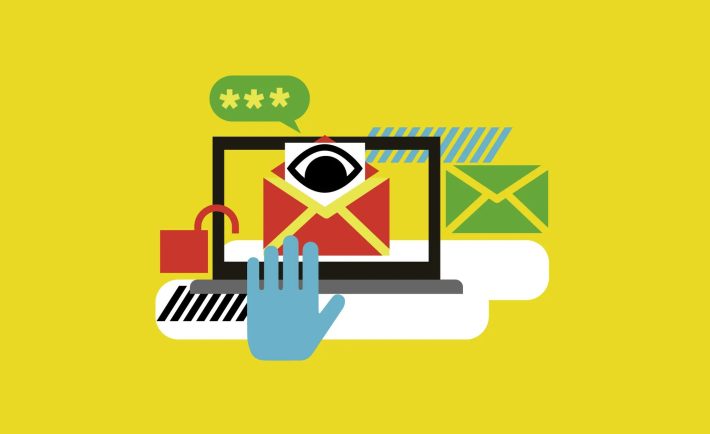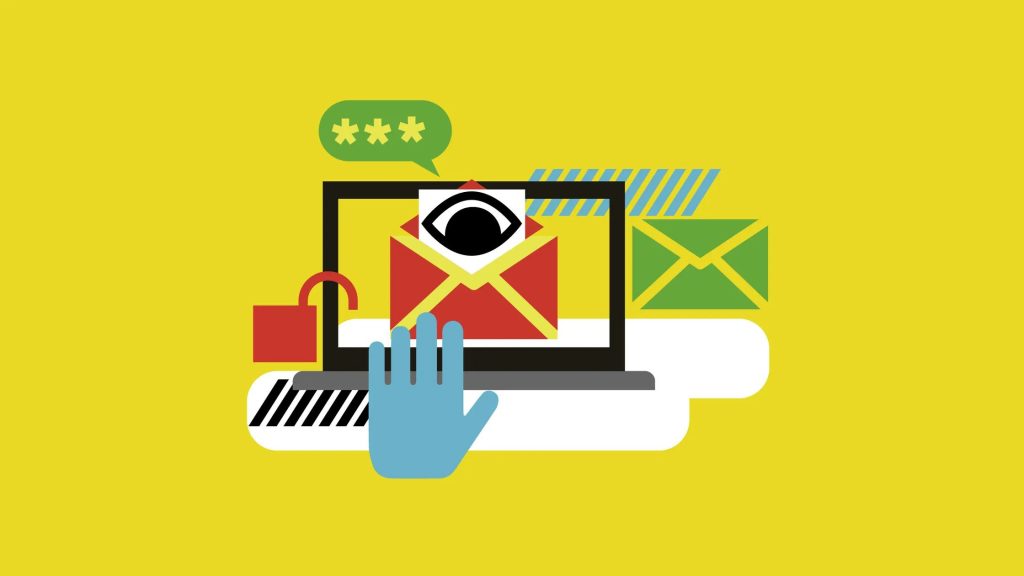
E-mails are handling your information wrong. You might not think that, because you get e-mails with no problems. But if you look closer, you’ll see that your e-mail address is being passed around like a hot potato, and it’s putting your privacy at risk. In this blog post, we’ll discuss how e-mails are mishandling your information and what you can do to protect yourself.
E-mail addresses are like gold to marketers. They can be used to send you targeted ads and track your online behavior. And, if you’re not careful, they can be sold to the highest bidder. That’s why it’s essential to check e-mail for data breach and learn how e-mails handle your information.
How e-mails handle personal information

When you sign up for an e-mail account, you must providemation, such as your name and address. The e-mail server stores this information. In addition to this personal information, your e-mail address is linked to other data, such as your IP address and cookies. This data can track your online behavior and target you with ads.
The problem is that e-mail providers don’t always protect your information. Many e-mail providers have been breached in recent years. This means that hackers have gained access to e-mail databases and stolen personal information. Your information could be at risk if you use a compromised e-mail provider.
What is a data breach?
A data breach is when hackers gain access to a database and steal personal information. This can happen if an e-mail provider lacks adequate security measures or a hacker finds a way to bypass security. Once your information is stolen, it can be sold on the dark web or used to commit identity theft.
What information can be in danger?

When an e-mail database is breached, hackers can access a wealth of information. This information can include your name, address, and phone number. It can also include your financial information, such as your credit card number and bank account details. Sometimes, hackers can even access your e-mails and read your private conversations.
Why is your personal information important?
Your personal information is important because it can be used to commit identity theft. Identity thieves can use your stolen information to open new accounts, make purchases, and even take out loans in your name. This can ruin your credit score and leave you in debt.
With your personal information, cybercriminals can also commit tax fraud. They can use your stolen information to file a tax return in your name and receive a refund. This can leave you owing the IRS money.
Many crimes can be committed with your personal information. That’s why it’s important to know how e-mails handle your information and what you can do to protect yourself.
What are some of the things email providers can do?
There are several things that email providers can do to protect your information. They can encrypt their databases so that hackers can’t read them even if they gain access. They can also use two-factor authentication so that only you can access your account.
Email providers can also provide security features, such as blocking certain types of attachments and scanning for malware. These features can help to protect you from phishing attacks and other threats.
How to protect yourself from data breaches

There are several steps you can take to protect yourself from data breaches:
– Use a secure e-mail service: Look for an e-mail provider that uses encryption and offers two-factor authentication. These security measures will make it more difficult for hackers to gain access to your account.
– Don’t click on suspicious links: If you receive an e-mail from an unknown sender, don’t click on any links. These links could be malicious and lead to a phishing website.
– Keep your software up to date: Install the latest security updates for your operating system and web browser. These updates will patch vulnerabilities that hackers can exploit.
-Use a VPN: A VPN encrypts your internet traffic and hides your IP address. This makes it more difficult for hackers to track your online activity and steal your personal information.
-Install a security browser extension: A security browser extension can block malicious websites and ads. This will help protect you from phishing attacks and other online threats.
By following these steps, you can help protect yourself from data breaches. However, it’s important to remember that no security measure is perfect. You should monitor your account for unusual activity and change your password regularly. If you think your account has been compromised, contact your e-mail provider immediately.




